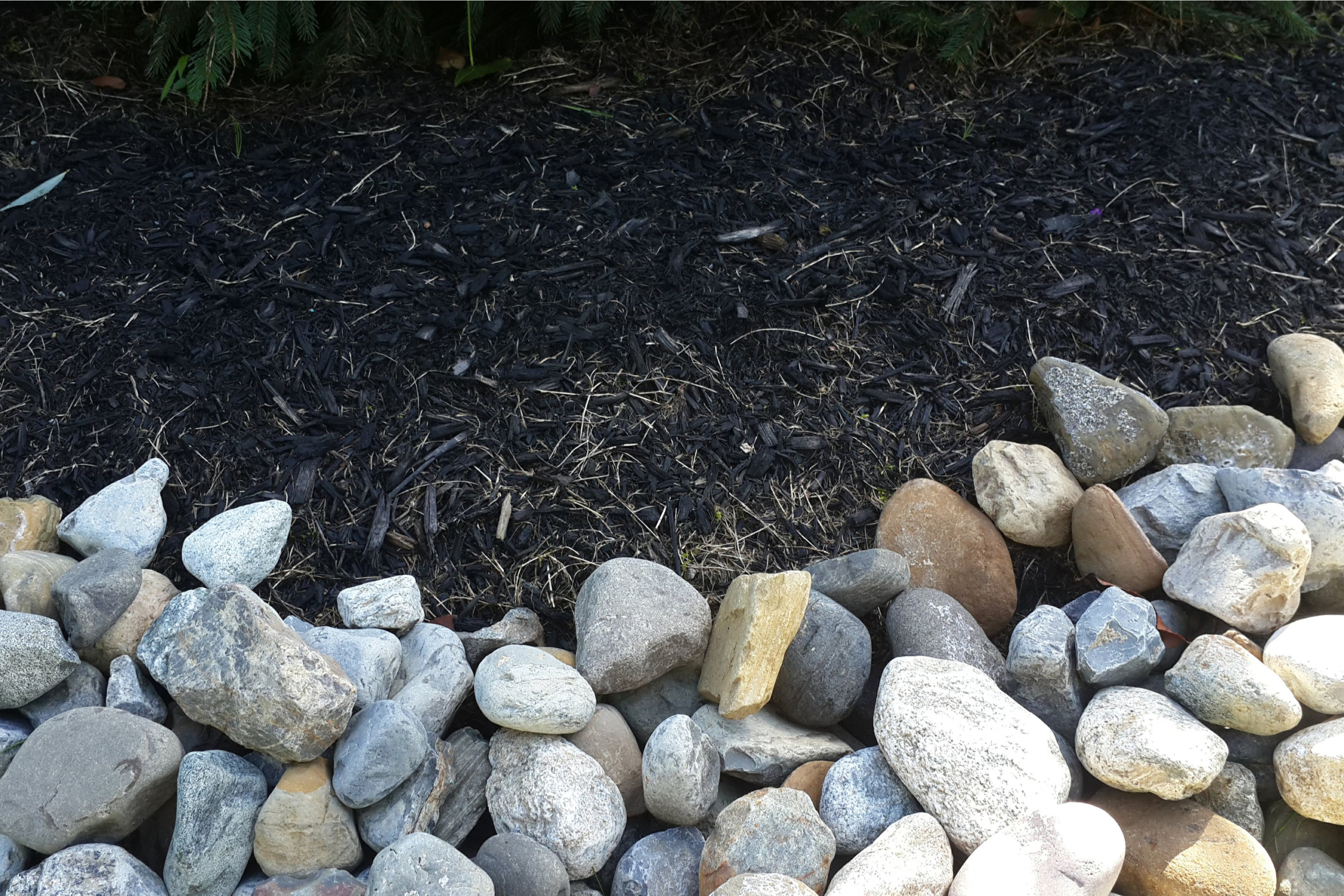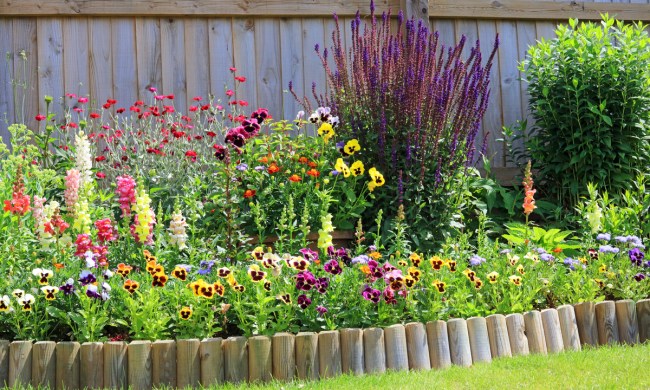People use mulch for various reasons such as controlling the soil’s temperature, improving the look of gardens and lawns, and supplying nutrients to both the plants and the ground.
Wood chips and bark are most commonly used when it comes to the wide variety of mulches on the market. However, gardeners will find that many other types of non-wood mulch are equally good.
In this article, we’ll discuss other mulch types that aren’t wood, why non-wood mulch is safe for gardens and could be better, and which mulch might be best for your garden.
Non-wood mulches
Before we get into specifics, let’s go ahead and list out a number of non-wood mulches out there. This list isn’t exhaustive because mulch can be comprised of a great many different materials. However, some of the more common are:
- Rock mulch
- Inorganic black mulch
- Rubber mulch
- Pine needles
- Hay/straw
- Cardboard and newspapers
- Grass clippings or leaves
- Coconut coir
- Glass
- Seaweed
- Shells
- Silver plastic
- Cocoa beans
The list could continue, but you get the idea. Below are more in-depth details on the top three non-wood mulches on this list.
Rock mulch
Pebbles, rocks, gravel, stones
Entirely safe for the garden, rock mulch does have a few disadvantages, such as the fact that it’s not biodegradable. Rocks don’t wear away easily, and they don’t put nutrients back into the soil as some other mulches do when they decompose.
Inorganic black mulch
While natural black mulch
There are some significant drawbacks to black inorganic mulch, making it a less attractive choice for gardeners. While it can help to suppress weeds, if it’s made of plastic it can also kill beneficial organisms in the soil, increase the overall temperature of the garden during summer months, and you’ll have to install irrigation under it because it’s essentially waterproof.
On the plus side, inorganic black mulch can be beneficial in specific instances. For example, if you want to plant perennials or vegetables susceptible to the cold, black plastic mulch can increase the soil temperature and benefit these tender plants.
Not as damaging as black plastic, black rocks can also be considered a type of inorganic black mulch. If you decide to use them, you’ll need to make sure that you put them around plants that are already well-established. You won’t want your plants harmed due to temperature fluctuations.
With that said, some drawbacks for your garden include whether the rocks might crush your plant’s tender roots or compact the soil. Additionally, rocks can be cumbersome to maneuver if you’re working in a vegetable garden.
Rubber mulch
Made up of rubber reclaimed from old, recycled tires, rubber mulch
While this can be considered a better alternative mulch than inorganic black mulch, it still has some drawbacks. One of these is that like rock mulch, it doesn’t decompose and therefore doesn’t return any nutrients to your garden’s soil.
You’ll also want to give attention to the type of recycled rubber used. Some kinds may seep harmful chemicals and minerals into the ground that can hurt your plants. Usually, this isn’t a problem; but if large concentrations are leached out of the rubber, it’s a bad thing.
Why it all matters
When it comes to weed prevention, water retention, soil fertility, and temperature regulation, deciding which mulch to use is an important consideration. There are significant benefits to both traditional as well as non-wood mulches as well as certain drawbacks.
When looking at both traditional and non-wood mulches, you’ll want to think about such things as temperature regulation, whether you’ll need to add nutrients to your garden’s soil, overall cost, maintenance, contaminants, and mold.




